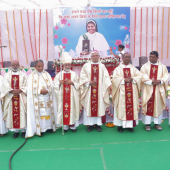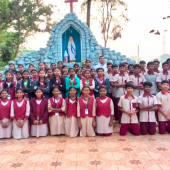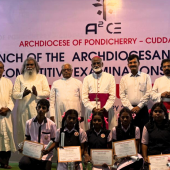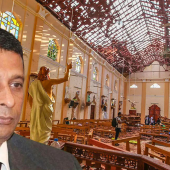India: Tribal Girls Accuse Hindu Activist of Assault and Coercion in Durg Case
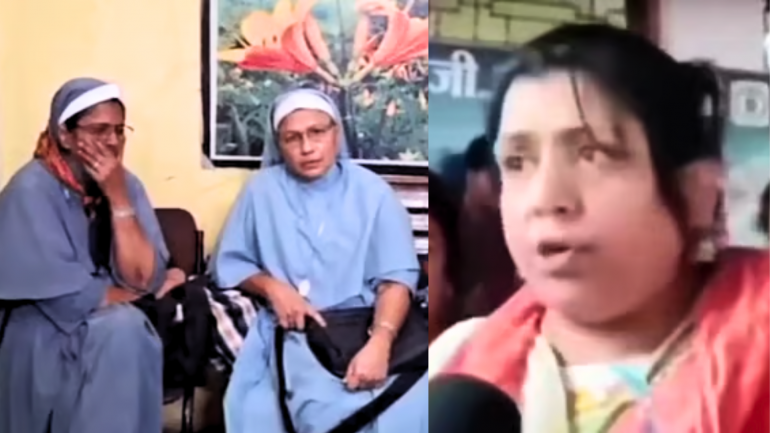
In a striking development that challenges the official narrative of a controversial conversion case, three tribal girls from Narayanpur have filed formal complaints accusing Bajrang Dal activists and activist Jyoti Sharma of assault, intimidation, and coercion during an encounter at Durg railway station on July 25.
According to Matters India, the girls, Kamleshwari Pradhan, Kumari Lalita Usendi, and one unnamed companion, submitted written complaints to the Superintendents of Police in Bilaspur and Narayanpur, demanding legal action against Sharma and the Bajrang Dal members involved. The girls claim they were detained against their will, abused, and forced to make false statements against two Catholic nuns who were arrested on charges of religious conversion and trafficking.
“Jyoti Sharma hit me twice and threatened me. She forced me to say things that weren’t true,” Kamleshwari said. Her account was corroborated by Lalita Usendi, who stated, “They sent bhaiya [brother] and sister to jail without any proof. Today we got bail, and it feels good.”
The case had earlier led to the arrest of Sr. Preeti Mary and Sr. Vandana Francis of the Assisi Sisters of Mary Immaculate (ASMI), along with tribal youth Sukaman Mandavi, following a complaint filed by Hindu activists alleging forced conversion and human trafficking.
However, on August 2, the NIA court in Bilaspur granted conditional bail to all three, citing their clean records and the absence of compelling evidence. As Matters India reported, the court also took note of the girls’ changed testimonies, which significantly contradicted the original allegations.
The bail order included a bond of ₹50,000 and the surrender of passports. The court’s observations have cast fresh doubt on the motivations behind the initial complaint and the role played by right-wing groups in fueling communal suspicion.
Local Christian leaders, civil society organizations, and the girls' families have rallied in support of the survivors, calling for immediate action against Sharma and others accused of fabricating the charges. The activists stressed that this case is part of a larger pattern aimed at discrediting Christian missionaries and sowing mistrust in tribal regions.
The case has reopened national debates on the exploitation of tribal identities, the politicization of anti-conversion laws, and the vulnerability of religious minorities in India’s heartland. Rights groups are calling for an impartial investigation and greater protection for marginalized communities caught in the crossfire of ideological battles.
As the legal process unfolds, the testimonies of the three tribal girls, once framed as victims of conversion, now stand as a bold indictment of coercion, communal intimidation, and the manipulation of legal institutions.
Radio Veritas Asia (RVA), a media platform of the Catholic Church, aims to share Christ. RVA started in 1969 as a continental Catholic radio station to serve Asian countries in their respective local language, thus earning the tag “the Voice of Asian Christianity.” Responding to the emerging context, RVA embraced media platforms to connect with the global Asian audience via its 21 language websites and various social media platforms.









